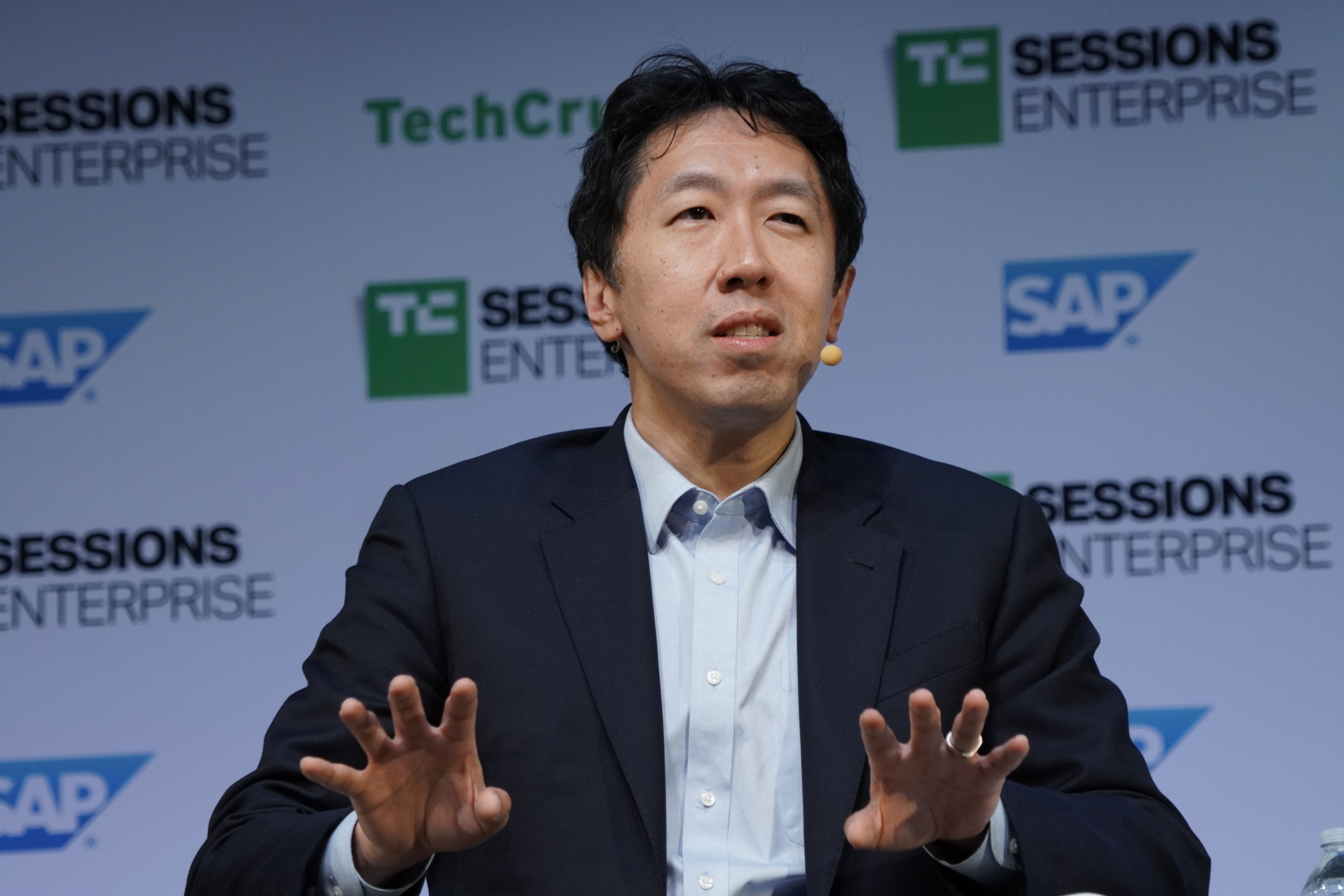If the decisions made by corporate boards of directors can indicate where a company wants to be focusing, Amazon’s board just made an interesting move. The company announced on Thursday that Andrew Ng, known for building AI at large tech companies, is joining its board of directors. The company also said that Judy McGrath — best known for her work as a long-time TV executive, running MTV and helping Viacom become a media powerhouse — will be stepping down as a director.
Taken together, the two moves sketch out an interesting picture of the tech giant’s intentions.
After many costly years of going all out on building an entertainment empire (Amazon spent almost $19 billion on its video and music business in 2023), it’s interesting to see that McGrath, who would have been an important advocate and adviser on that strategy, is not going to stand for reelection.
That’s not at all to say that Amazon will cease to be a huge force in streaming entertainment, be it video, music, gaming or anything else. The company is now folding in advertising across Prime Video, which is one big reason it may want to keep its audience happy and coming back.
Still, it will be interesting to see how investments play out in that segment in 2024. The company has laid off hundreds of employees in its studio and video divisions, and it has also been winding down Prime Video in some regions, which may indicate that the business could be smaller, or at least more focused, going forward. And given the AI whiplash that every Big Tech company is currently dealing with, it feels timely that McGrath is stepping away from the board now.
On that note, to stay at the forefront of tech, Amazon will be looking for better thought leadership on the next steps in its artificial intelligence strategy.
It’s worth remembering that Amazon has been a leading player in AI for a long time. Its Alexa assistant and Echo devices helped put voice recognition and connected assistants on the map; the company has been working on autonomous services, for in airborne and ground-level delivery as well as in-store purchasing; it uses machine learning to improve how products are targeted; AWS is a big player in AI compute; and now it is pouring billions into investments in big AI startups.
Yet, for at least a year, in the wake of OpenAI’s GPT advancements, Amazon has grappled with the impression internally and externally that it is “falling behind” on the technology.
Is it true? Is it just optics? Regardless of the answer, Ng’s appointment can only be helpful for advancing Amazon’s profile in the realm of AI. Put simply, the company wants, and believes it needs, to make real innovation in the space. Andy Jassy, in Amazon’s annual letter to shareholders, published shortly after the Ng announcement, went so far as to call GenAI Amazon’s fourth “pillar” (alongside Marketplace, Prime and AWS) in terms of future focus. That requires serious, high-level direction on how to make more than just follow-on moves.

Ng is potentially a triple-threat board appointment: He has experience in academia, investing, and hands-on building, and he has usually handled all three roles simultaneously. He is currently an adjunct professor at Stanford; a general partner at a venture studio called AI Fund; and he heads edtech company DeepLearning.AI and is the founder of computer vision startup Landing AI. Oh, and he’s also chair of Coursera, another edtech startup he founded and used to lead.
Ng has also served as the chief scientist and VP at Chinese search giant Baidu; and he founded and led Google Brain, which was that search giant’s first big foray into building and applying AI tech across its products.
Amazon did not provide any statement from Ng in its announcement. We have reached out to him directly, and we’ll update when and if we hear back.
It may feel like a new wave of companies and thinkers are setting the pace in AI, but the Amazons of the world are certainly not standing by idly.































Comment